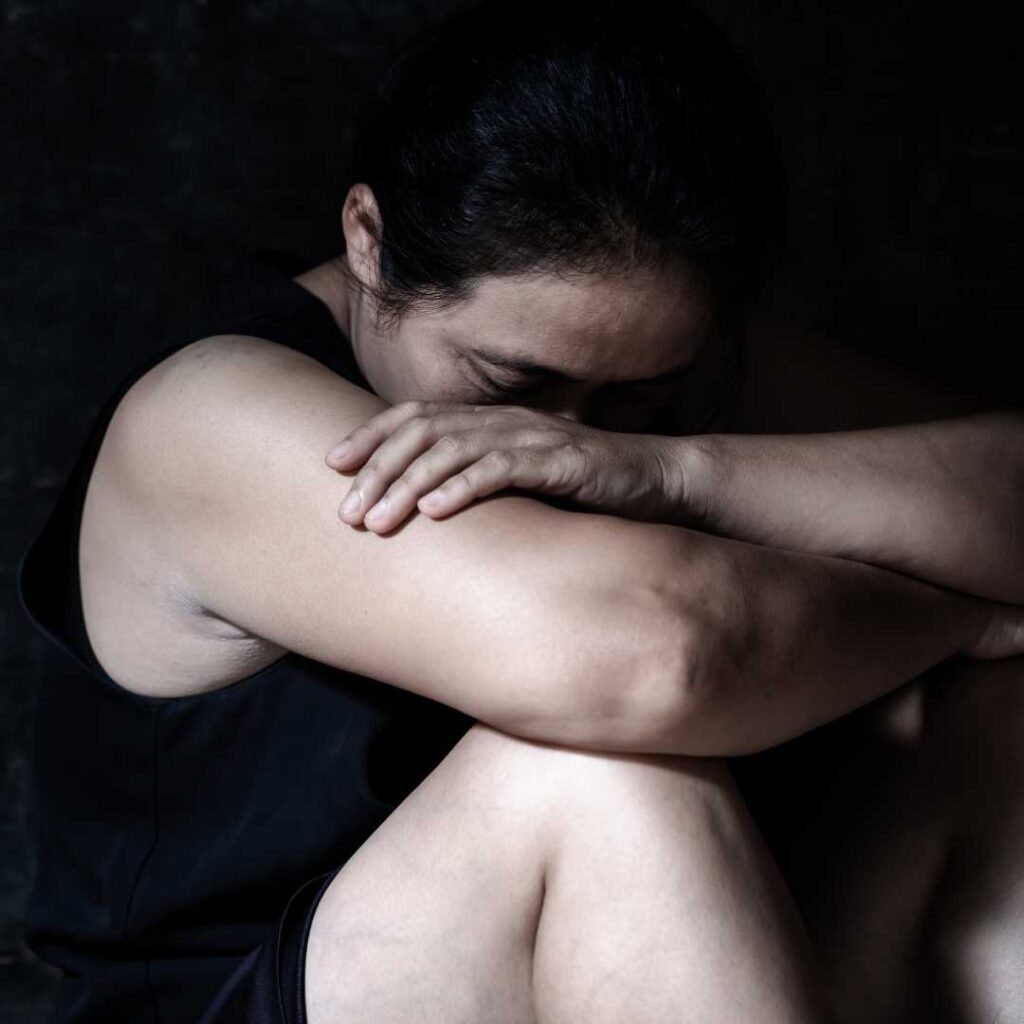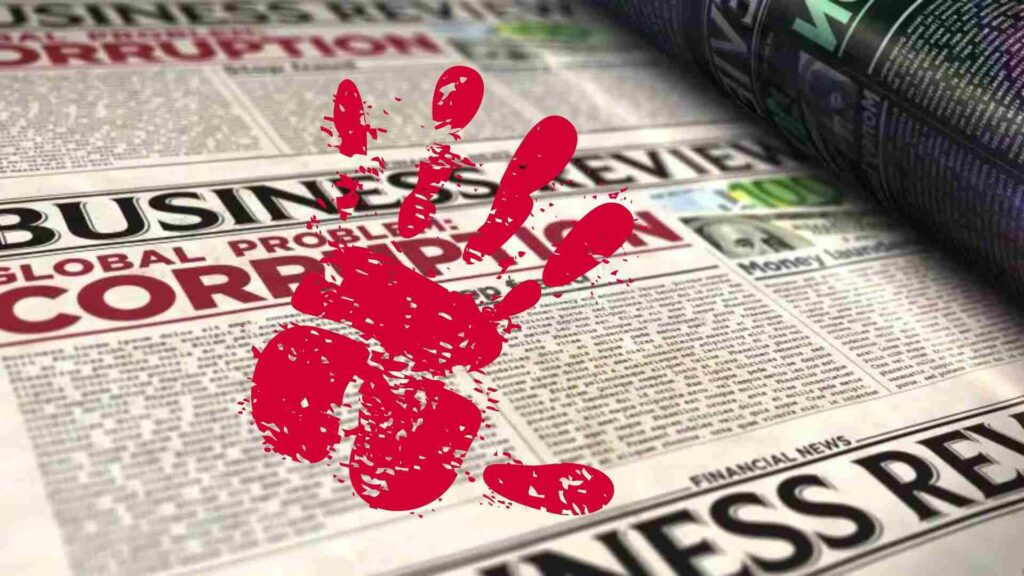In the corridors of power, where influence and wealth often seem to overshadow accountability, the recent wave of allegations against some of society’s most influential men has once again brought to light a chilling reality about when power corrupts. These are not just stories of individuals facing charges; they reflect a broader, more insidious culture allowing such behaviour to thrive in the shadows.
As we revisit these real crime stories, we are reminded that pursuing justice is not just a legal battle but a moral imperative. The allegations against these influential figures are not isolated incidents; they are part of a larger narrative about when power corrupts that speaks to the systemic failures within our society. The survivors, often silenced for years, are now finding their voices, and with them, we must find our resolve to confront these issues head-on. Their courage is a beacon of hope in the fight against the abuse of power.

The Dark Side of Influence
My works often explore when power corrupts and how power and corruption lead individuals to moral decay. Characters in The Girl in the Orphanage and Cassie’s Song face similar trials—where those in power exploit the vulnerable, hiding their deeds behind a veneer of respectability. These recent cases starkly remind us that the abuse of power doesn’t just belong in fiction—it plays out in real life every day.
These stories don’t just highlight the accused; they expose the societal structures that enable such behaviour to continue unchecked. Much like the corrupt benefactors in my novels, people in these real-world scenarios whisper in hallways, quietly complicit, while survivors bear the weight of their trauma in silence. The parallels between fiction and reality are stark and unsettling, yet they underscore the need for vigilance and accountability.

The Role of the Bystander
One of the most disturbing aspects of these cases is the culture of silence that has surrounded them. In my writing, I often delve into the human psyche, exploring why individuals remain silent in the face of injustice. Fear, shame, and a sense of powerlessness usually lead to a dangerous silence perpetuating such behaviour.
In Cassie’s Song, when power corrupts, characters grapple with the decision to speak out against environmental destruction or remain silent, highlighting the moral dilemmas bystanders face. Similarly, in the real world, the silence of bystanders often enables abusers to continue their harmful actions. But as we have seen in recent years, this silence is beginning to break. The bravery of those who have shared their stories is extraordinary. Their courage has sparked a global conversation that challenges us all to examine our roles in this culture of silence.

The Impact on Survivors
Survivors in my novels, much like those in these real-world cases, endure unimaginable trauma. The Diary of Katy Yehonala tells of characters who must navigate the aftermath of betrayal and abuse, struggling to reclaim their lives amidst the shadows of their past. These narratives are a tribute to the resilience of survivors, who, despite their suffering, find the strength to share their stories and demand justice.
The impact on survivors extends far beyond the individual, influencing their families, communities, and, ultimately, society at large. These stories are not just about survival when power corrupts—they are about reclaiming agency and finding a path forward. In both fiction and reality, the road to recovery is long and fraught with challenges, but it is a journey that must be taken.

The Power of Accountability
Accountability is a theme that resonates deeply in both my fiction and my reflections on real-life events. It is not enough to simply acknowledge the wrongdoing; there must be consequences for those abusing their power. Justice must be served not only in the courts but also in the court of public opinion.
In The Girl in the Orphanage, justice is not merely a plot point but a fundamental moral imperative. The characters who commit acts of betrayal and exploitation are ultimately held accountable, mirroring the necessity for real-world justice. These cases remind us that no one is above the law, regardless of status or wealth. The legal battles that lie ahead will be long and arduous, but they are necessary—for the survivors, society, and future generations who will inherit the world we leave behind.
Moving Forward
As a society, we must ask ourselves what we can do to ensure that these crimes do not continue to occur. It is not enough to be outraged—we must be proactive. Education, awareness, and a commitment to fostering a culture of respect and equality are crucial. We must support the survivors, listen to their stories, and amplify their voices. This is a call to action and a commitment to a better future.
In my work, I strive to explore the complexities of the human condition, shed light on our society’s darker aspects, and inspire change. Our stories can shape our world, whether in fiction or real life. Cassie’s Song and The Butterfly Dynasty series are more than narratives—they are calls to reflect on our societal roles and take action against injustice.
These cases have taught us one thing: change is possible. But it requires all of us to take a stand, speak out against injustice, and hold those in power accountable. It’s a difficult journey; sometimes, feeling overwhelmed or disheartened is okay. But it’s also a journey we’re on together, and only by standing together can we hope to create a society where justice is not just a word but a reality for all.
The Power to Rewrite Our Narrative
In the intricate dance between power and accountability, the stories we tell—whether in fiction or reality—hold the potential to reshape our world. They remind us that the fight for justice is not just a battle fought in courtrooms but in the hearts and minds of everyone who dares to stand up against oppression.
As we confront these stories of abuse and corruption, we are reminded that our collective voice can effect change. We are the authors of our narrative, and it is up to us to decide how the story ends.
In The Diary of Katy Yehonala, one of my characters reflects, “When people suffer a terrible shock, you feel disillusioned and in despair, and you wonder about life’s fairness. Our teachers say this is because you’re only looking at this one life. We believe many of the things happening to us are because of what we did in previous lives, and many of the things we do in this life affect our future lives. Like you, good people who suffer when they are young feel the result of bad things done in your past. Remember, children, your present goodness has planted the seeds for you to enjoy greater happiness in the future.” This sentiment resonates beyond the pages of a book—it is a call to each of us to rise above the shadows of injustice and create a future where power is held accountable, and every voice is heard.
Let this be our reminder: we can rewrite the story. With every choice we make, we decide the kind of world we want to leave behind. Will we stand by silently, or will we be the ones who dare to speak out, demand justice, and forge a path toward a better future?
The time to act is now. Let us stand together when power corrupts, inspired by the resilience of those who have come before us, and write a new chapter—one where justice, compassion, and courage are not just ideals but realities we live by.
